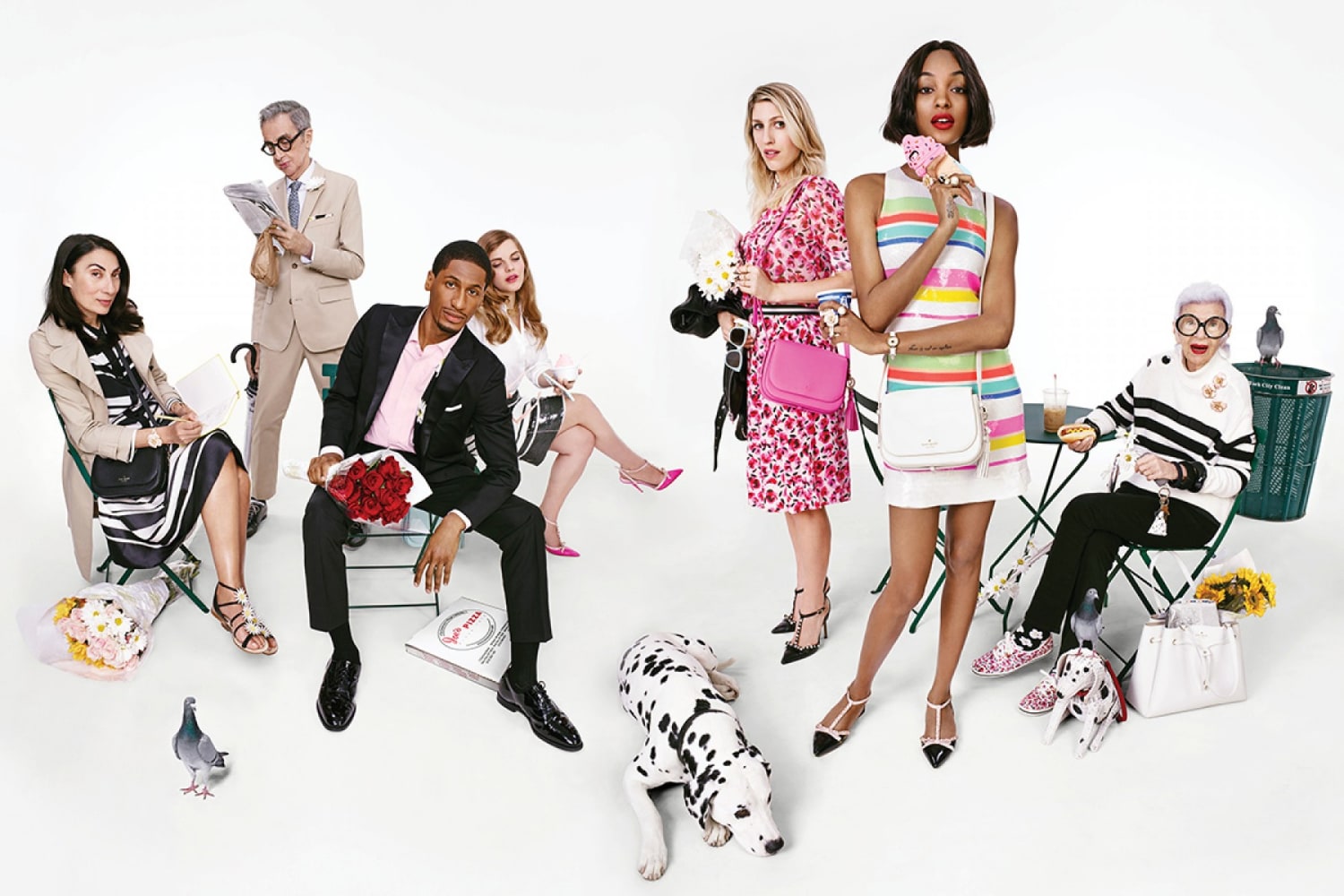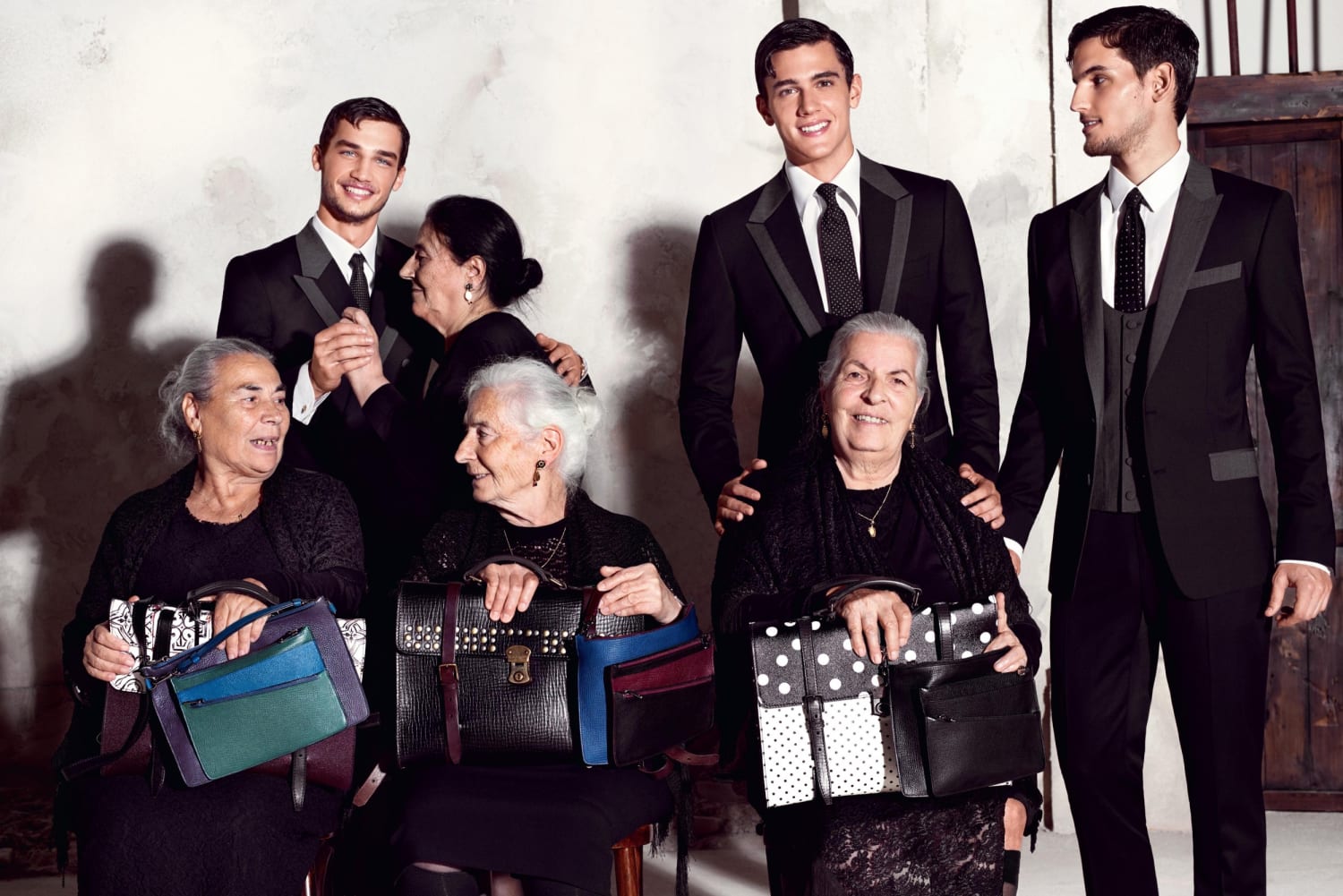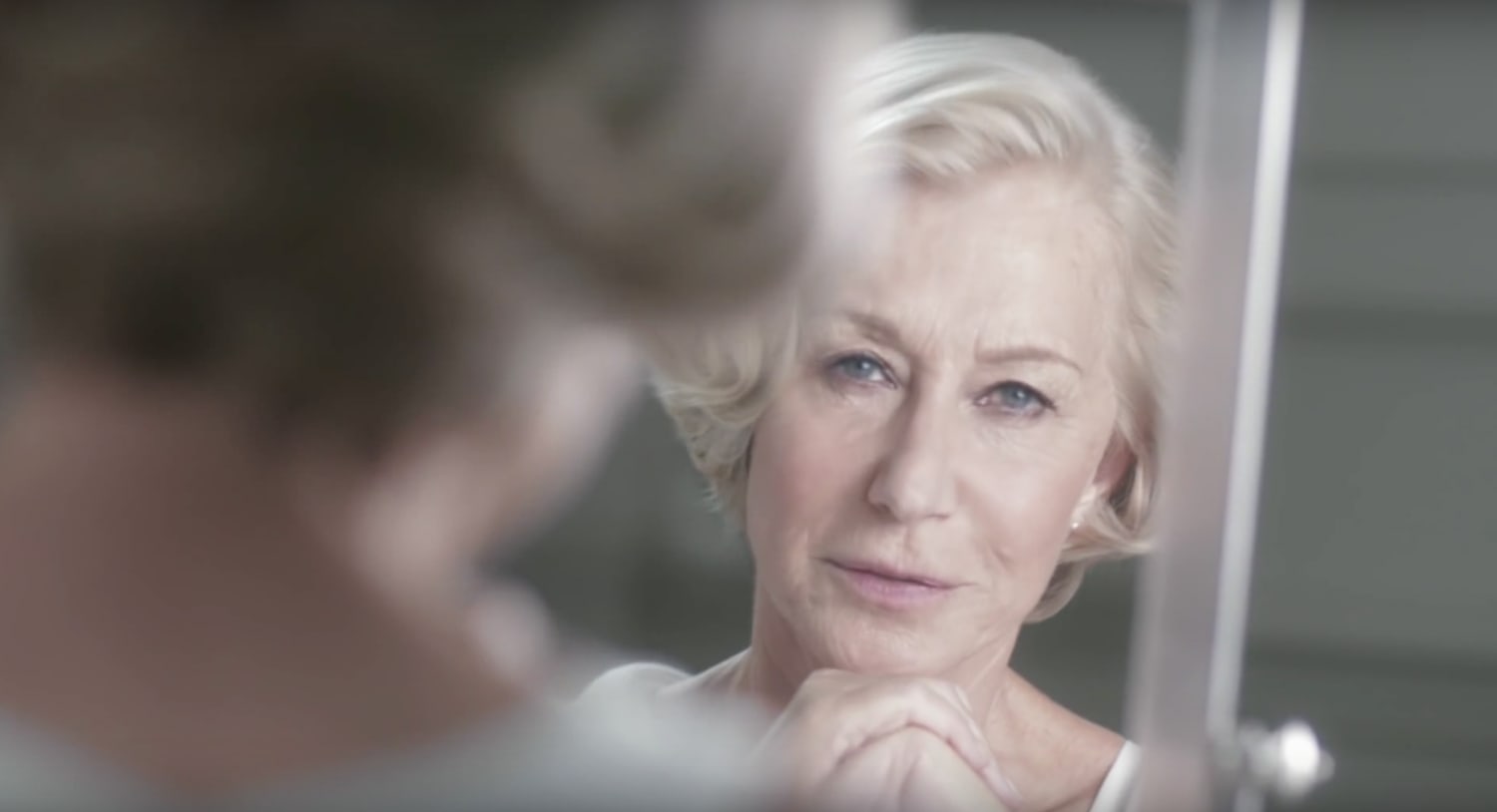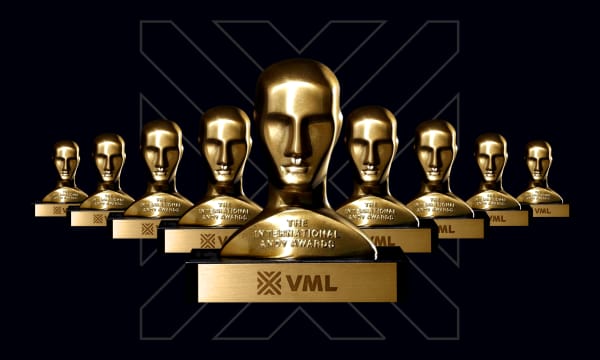Just as the boomer generation remade careers and relationships as they moved through mid-life, they are now defying popular perceptions of aging. This is the overarching conclusion from a December 2015 study of the 50+ market that the Innovation Group conducted with Sonar™, J. Walter Thompson’s proprietary research unit.
New Sonar™ data signals an ongoing pro-aging shift in the 50+ market, and brands are behind.

The results, gleaned from 250 adults aged 50 and older, challenge deep-rooted age-based assumptions and signal a pro-aging shift. They are the latest numbers to validate a trend we’ve tracked since 2010, Retooling for an Aging World, but they also signal that brands still have not done enough to prepare.
Far from dreading the aging process, 50+ consumers are adopting more relaxed attitudes toward aging as they lead longer, healthier and more prosperous lives, with 94% saying “I accept my age” and 87% embracing growing older. Their sense of life stages is changing too: 76% agree that “60 is the new 50” and “50 is the new 40.”

The data also shows that boomers are tech savvy and frequent online shoppers. Three in four browse and shop online at least monthly, and more than half do so at least once a week, according to the Sonar™ research. They are also gaining a certain sense of freedom through technology and their connections: more than half (54%) visit a social media website every day and 61% rank Facebook as their favorite social network.
When it comes to retail, they’re divided over whether they prefer to shop in-store (23%) or online (24%), but when asked what they want to splash out on, dining and food/beverages tops the list, followed by products/services for their family.
Calls for a product design rethink are loud and clear among this age group: 88% think many products and services could be better designed for the needs of older people. Tech marketing was found to be particularly lacking, with 85% agreeing that the latest tools target younger generations rather than the needs of older people.
A case in point is the beauty sector. The pro-aging revolutionaries rolled out by beauty brands to front recent campaigns—Charlotte Rampling for Nars, Helen Mirren for L’Oréal, Jessica Lange for Marc Jacobs Beauty – and our own research highlights the need for a fundamental shift in thinking around product terminology, and specifically, the term “anti-aging.”

More than three-quarters (78%) say they don’t feel the need to reverse the time with “anti-aging products” and nearly two-thirds (66%) say that when it comes to beauty products, “anti-aging” is not a selling point. Just 22% strongly agree that they take pride in successful efforts to combat the physical signs of aging.
Brands should take heed of the findings about media and marketing more generally, if they want to be heard by the 50+ crowd. The numbers make stark reading: four in five say the way age is presented does not represent how they feel.
For a deep dive into the 50+ market in the Middle East and North Africa, see our Generation BOLD trend report.
Please provide your contact information to continue.
Related Content

VML Shines at the ANDY Awards

